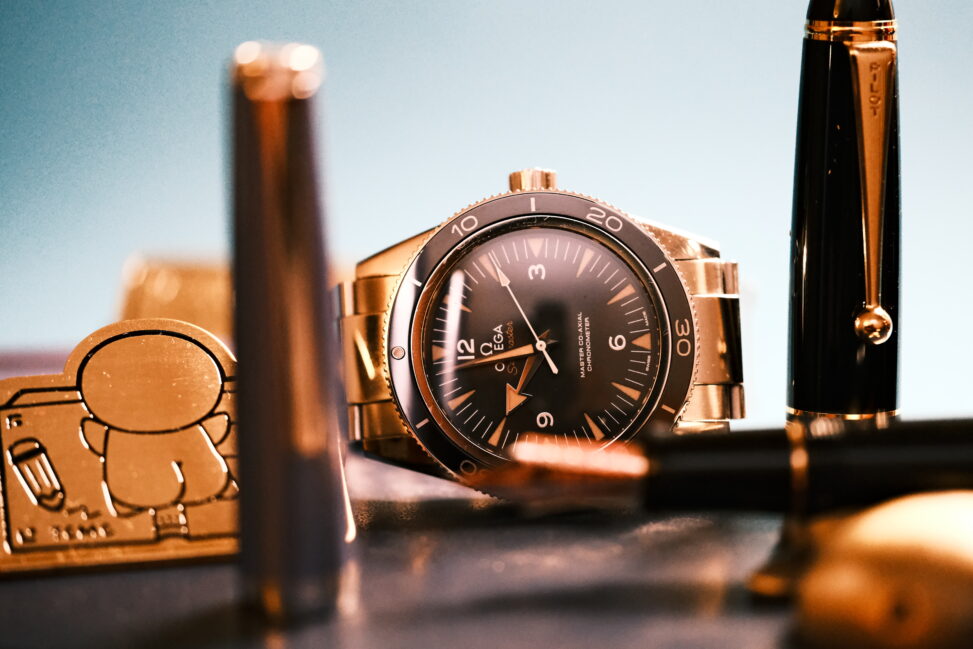1911 words
Over time, the silence makes it known to you, only through repetition, that it has its own rhythm, cadence and structure. Over time, the silence, though initially sought after for its solace and calm, reveals itself as the menacing cover of the cyclical hardship that is not resting, but stalking its prey, you. The next section of the dance would eventually follow. The only question was, when?
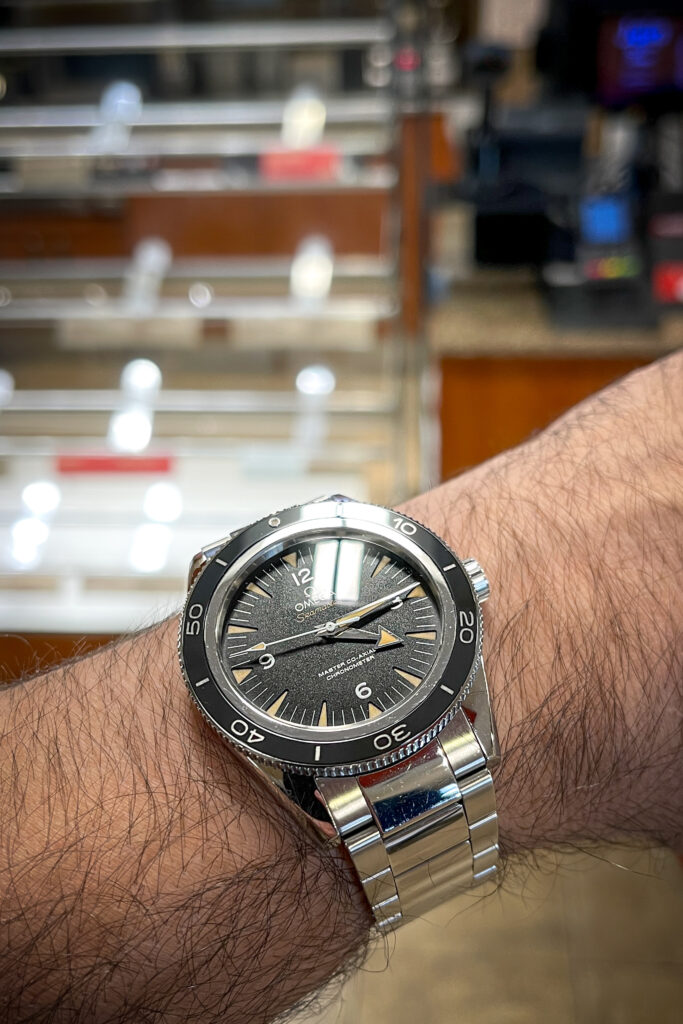
Choices of pastries at 04:00 in the morning may be non-existent, but the never ending flow of burnt coffee is always welcome.
Every night presented its own set of challenges and surprises. For those with their faculties intact, they wished that those who did not would not rise and try to make sense of their surroundings. Sitting quietly next to a loved one, as they rested on their back while being connected to various forms of life support, my watch read 02:30 as its luminous hands competed with the hospital’s equipment, their blinking lights and those of the latest beds with their persistently strong status lights, shining on the glossy hospital floors. The wings’ dimmed halls and nearly pitch-black rooms gave the entire floor the feeling of an ominous liminal space. The short-staffed wing finished their gentle round of checkups nearly half an hour ago, and as a result, the fits of coughing, raised voices of threats voiced in foreign languages all subsided in a calm where I became all too aware of the sound of my own breathing.
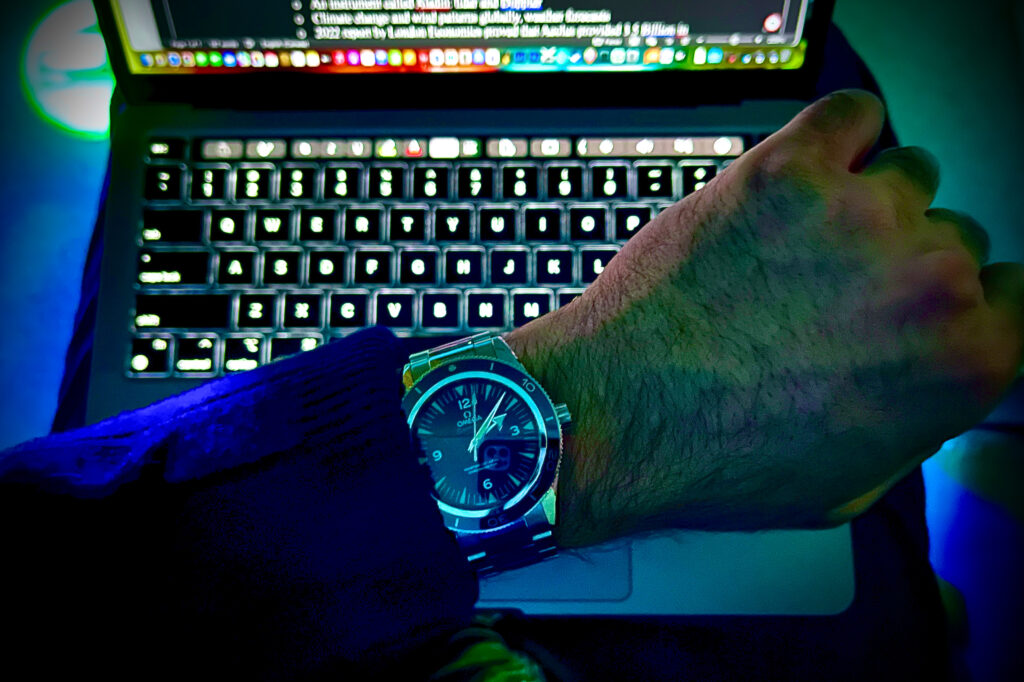
Fighting to stay productive while monitoring a loved one’s vitals is not how anyone wishes to spend their time, especially at 02:07 in the morning.
Then the distinctive noise of a patient monitor and its tall metal stand being thrown across a room crashed and sent the wing into a frenzy. Groggy nurses sprung to their feet, all ill-equipped to deal with the large man who now had made his way out of his bed, yelling in his native and clear Korean about his displeasure and confusion. As the tiny nurses sprinted with their soft-soled sneakers towards the patient, they immediately formed a protective semi-circle in hopes that the patient could be herded back to his room.
He made a break for it, piercing their barrier with ease, as his bare feet violently slapped against the hospital floor. My priority quickly shifted to protecting my loved one and her roommate who were both fully unconscious and unaware of the commotion. Our room was the second closest to the locked exit, and as I looked out, I saw the rampaging patient swerving into every room on his way out, looking for a possible alternative route to freedom.
This was not the first time that I had been in this exact situation, but it was the first time in which the patient storming the halls resembled a berserker with aesthetically gym-toned muscles and a stance which spoke of a clear understanding of how to inflict damage efficiently if the situation required it.
He stormed into our room and yelled a Korean slur which I had not heard in decades. He took two steps in, ignoring my tranquil pleas for him to calm down, and then proceeded to shove me with his two flat palms against my chest. When his momentum met my immoveable torso, his eyes snapped into reality, albeit briefly. For a moment, his eyes softened, and his threatening gestures shifted into resembling a scared child who had been separated from his parents. The other nurses rushed in, rioting his resolve, and his weight shifted towards me again as his toes fought for grip on the smooth hospital tiles.
As he took one step out towards me, I put out my arms, and he took the bait. He hugged me, burying his forehead into the same chest he failed to move just moments ago. As we stood there for a few seconds in each other’s arms, the relieved faces of the nurses took their time to catch their breath.
“How many times did this happen to my loved ones during the peak of the pandemic when I was not allowed to stay overnight,” I thought to myself as the patient’s breathing slowed down. It was then that I noticed that he had ripped out his catheter, and that I was thankful for the Kevlar coating on my shoes.
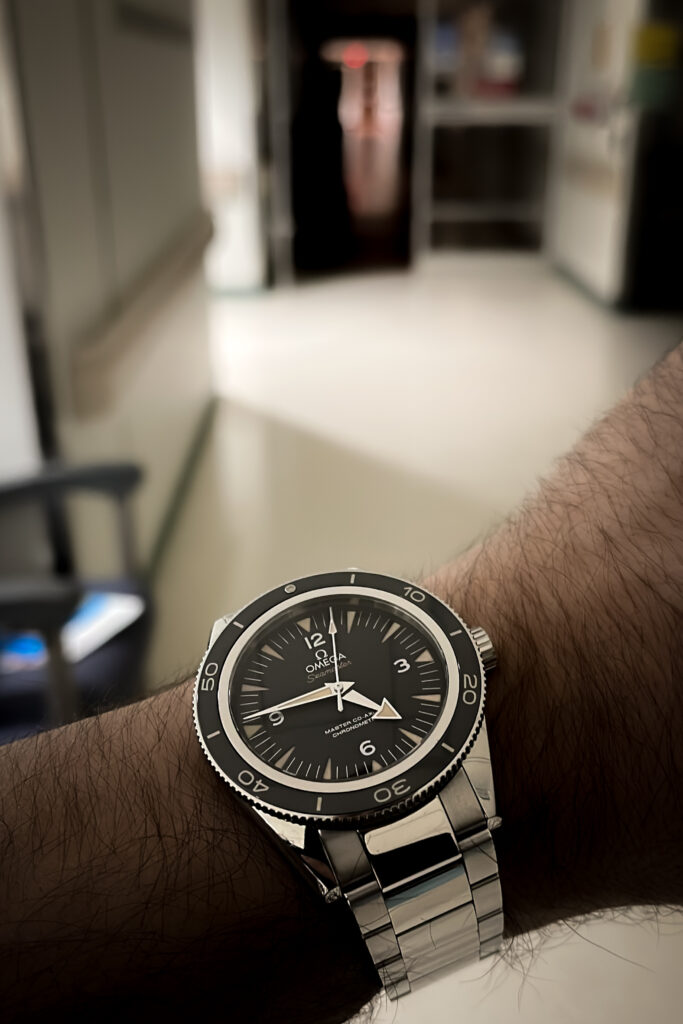
Elevator corridors often provide a temporary space for reprieve in the late hours.
The dance’s cessation was abruptly interrupted. Hopes that the previous section played would have been its last came crumbling down as the mobile phone’s wall against notifications was breached with urgent repetitive pings. But this is how it has always been. Yet the hope for an end to this folk dance would never come. The dance’s ¾ time structure started playing again, with its mournful first section kicking off with its emphasis on the second or third beat. Encircling once again with the invisible dance partner, my ears strained for new flourishes to their gestures, just so I could hazard a guess to what I was in for.
The morning light shone through every curtain with the resolve of a desperately hungry predator staring down a mother protecting her cubs. It was the city’s first heat wave, and the night out with an old friend visiting from abroad cemented the air quality into an expired broth of from the remains of an unidentifiable animal.
Piercing my phone’s Do Not Disturb mode, a flurry of messages raided my phone and sprung my heart rate past its resting point. It was time, once again, to head to a nearby hospital. Panic did not set in this time. No matter how quickly I would arrive at the hospital, it would not make an appreciable difference. A quick rinsing of my face, and instinctively reaching for the same watch I wore over a year ago that night in another hospital across town.
I took a beat to wind the resting watch and to set it, and a blanket of calm impaled my fuzzy mental state, and brought forward the clarity needed to take on the day and its set of challenges. Due to years of emergencies on several fronts, my hypervigilance ensured a day and night bag by my front door. The night bag having everything I would need to be away from my home for a couple of nights. The 35-pound day bag having everything that I could possibly need to keep working and to keep my sanity indefinitely. This day bag had come to not only strengthen my resolve during hard times, but that of others around me who knew that a self-reliant presence could always be counted upon.
When I arrived, I used the seconds hand of the watch to measure my loved one’s heart rate, for they were only connected to an IV at that point. The steady white lacquered hand marched forward at its 25,200 beats per minute. 62 beats per minute. Not bad for someone with an elevated body temperature. The attending nurse saw me measuring my loved one’s heart rate and listening to their chest for the quality of their airway and they relaxed. My loved one’s relative, who was sitting in full panic by their side, quickly became my primary concern as my first reason to be there was in good hands.
We undertook breathing exercises together. Both sets of eyes looking at my Seamaster’s dial. Breathing in for five seconds. Holding in the air for two seconds while seated in an upright position, chin forward, and facial expressions softened. Then letting go of the air in our lungs in a controlled three seconds. Then repeating.
As our loved one would slowly open their eyes and see us, they smiled and were happy to see our calm faces. They mirrored our energy in time for the internal medicine doctor to get an accurate reading of their condition and to discharge them with the appropriate set of cautionary measures for the following days that were to come.
The Seamaster would continue to be on my wrist for the following two weeks as I stayed by my loved one’s side to monitor them when possible. Its legibility meant that I never had to worry about it disturbing those resting nearby. Its gaskets which I relied upon for countless times while diving ensured that any accidents with fluids, regardless of their source, would not be an issue. The same concern being addressed by the timepiece’s bracelet and case which meant sanitizing it would be easy. Lastly, the dive bezel in years past came in handy when I would inevitably have to go on a break to the washroom or to give the patient privacy during an invasive procedure if I was not needed.
As my loved one’s health returned to normal, my Seamaster was allowed to rest, with its sixty-hour power reserve slowly coming to a halt as I reached for my more delicate NOMOS Orion 89 dress watch. Life returned to normal, and the calm of silence followed.
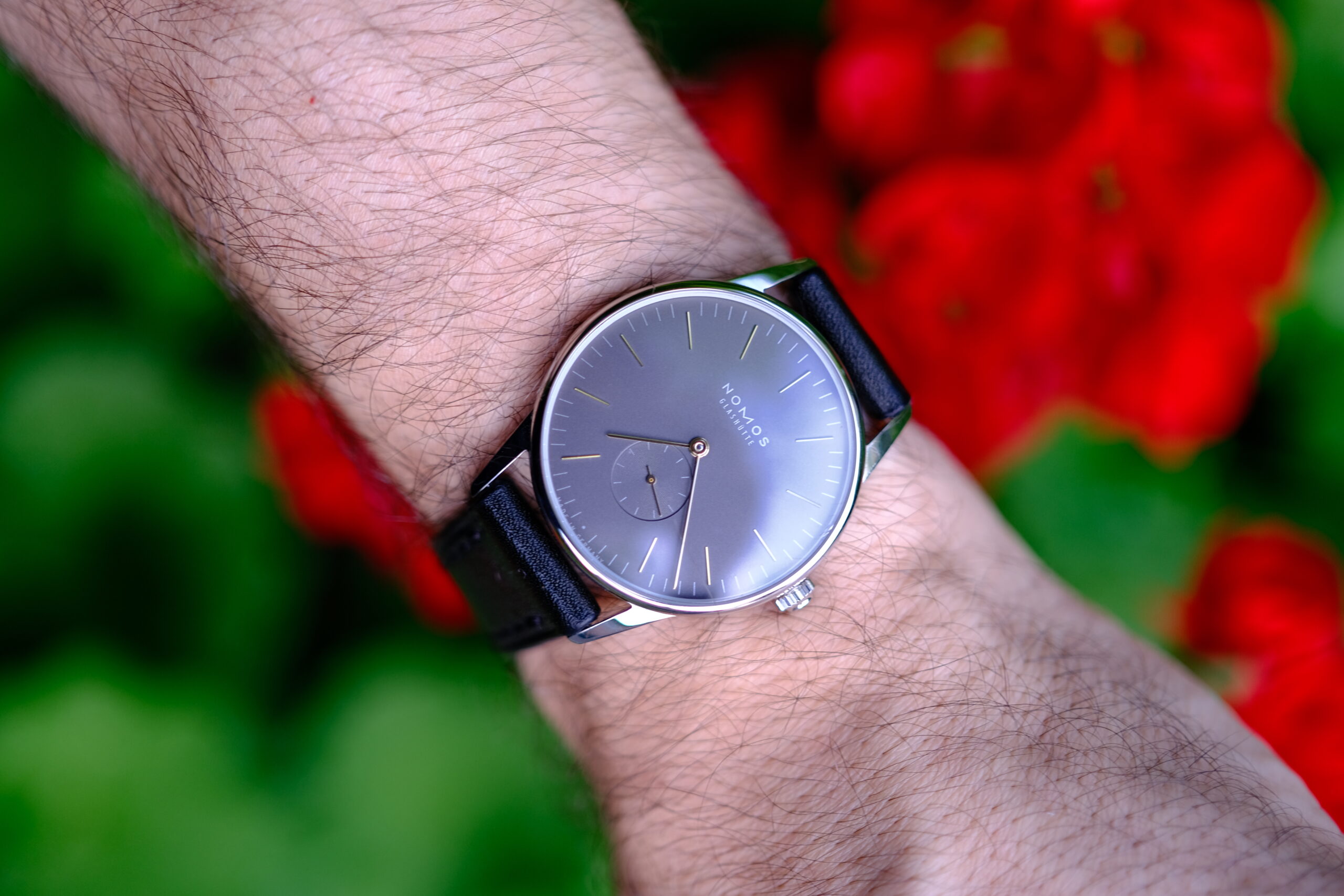
As the joyous second part of the European folk dance was drawing to an end, I turned to face the formless dance partner in the dim and featureless hall. The pause in what resembled a Mazurka promised either a return to the somber first part, or a third section in which the pace would pick up. Would this third variation of the theme and its keys promise a prolonged reprieve? Or would it point towards an incoming diagnosis of cancer, heat stroke, or a potential meningitis leading to a rare blood disease greatly shortening a loved one’s life? Or would it introduce something new. Something unforeseen, no matter how many disaster scenarios ran in perpetual simulation during the silent yet brief periods.
Calm. Feet raised. Book in hand. My NOMOS dress watch reading 01:13. The comfort of my own home. A comforting exhale not loud enough to wake up the other person on the couch next to me, but forceful enough to make her head shuffle for a firmer resting place on my lap.
Scenes like this are what we all aim for. Relative comfort in which no matter the circumstance outside, no matter the havoc taking place in the geo-political spectrum, one could still have this level of peace in a place they could call their own.
Without warning, years of hardship and experience shattered the peace as my heart rate, unprovoked, started pacing. Something was bound to happen. I was too comfortable. Panic was not setting in, but concern and hypervigilance started taking over as I carefully swapped my lap with a cushion for the resting head by my side.
Reaching into my day bag, I brought out my watch case and immediately brought out my Seamaster. My heart rate started to settle. My breathing eased as I set its time and its bracelet took hold of my wrist with its firm grip. The very grip entrusted to securely go into inhumane environments such as shipwrecks over the last decade.
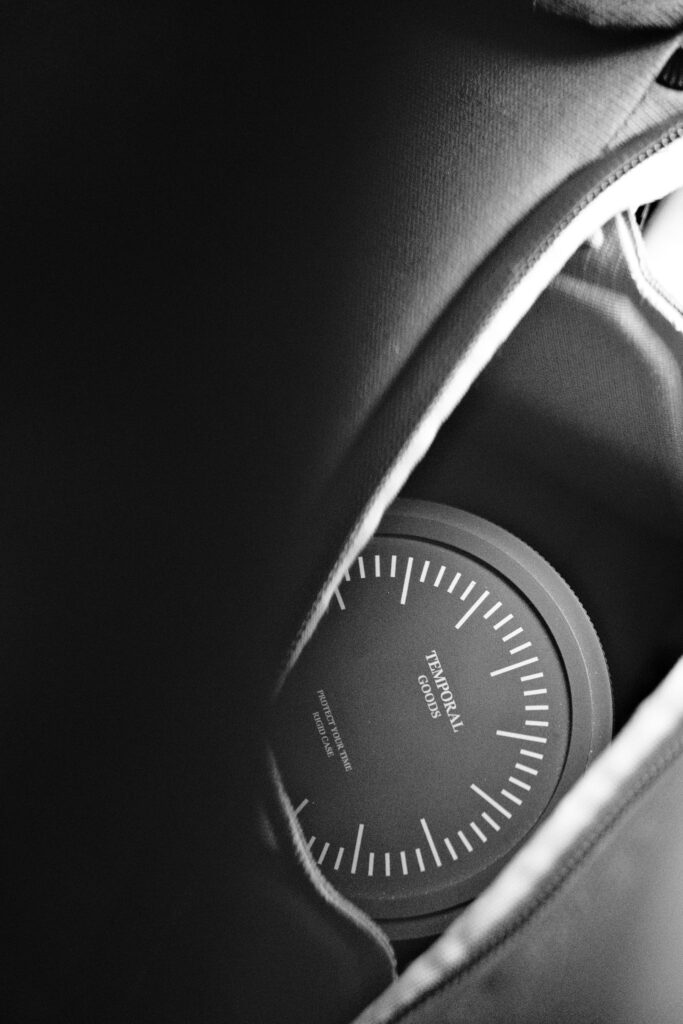
The Temporal Goods Rigid Case came in handy for always having my Seamaster by my side, for when needed.
All my experiences with the timepiece flooded back to me at once. All of the periods of distress, yet all of the moments of pure joy presented themselves. The warmth of a loved one’s hands as they underwent treatment. The frigid cold as I descended into the deep toward an overturned ship on the sea bed, somewhere below in dark murky waters. The healing power of the salt waters of the Caribbean as my dive buddy and I joyously floated above a sea turtle before it set off with its mate.
The moment of alarm gave way to calm. The threat of the blooming anxiety receded. The seconds hand gliding across the minute and hour track promised resilience, and that some things, and some people when supported properly, could always be counted on.

